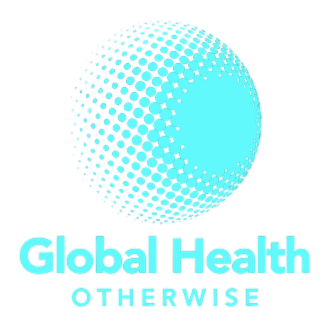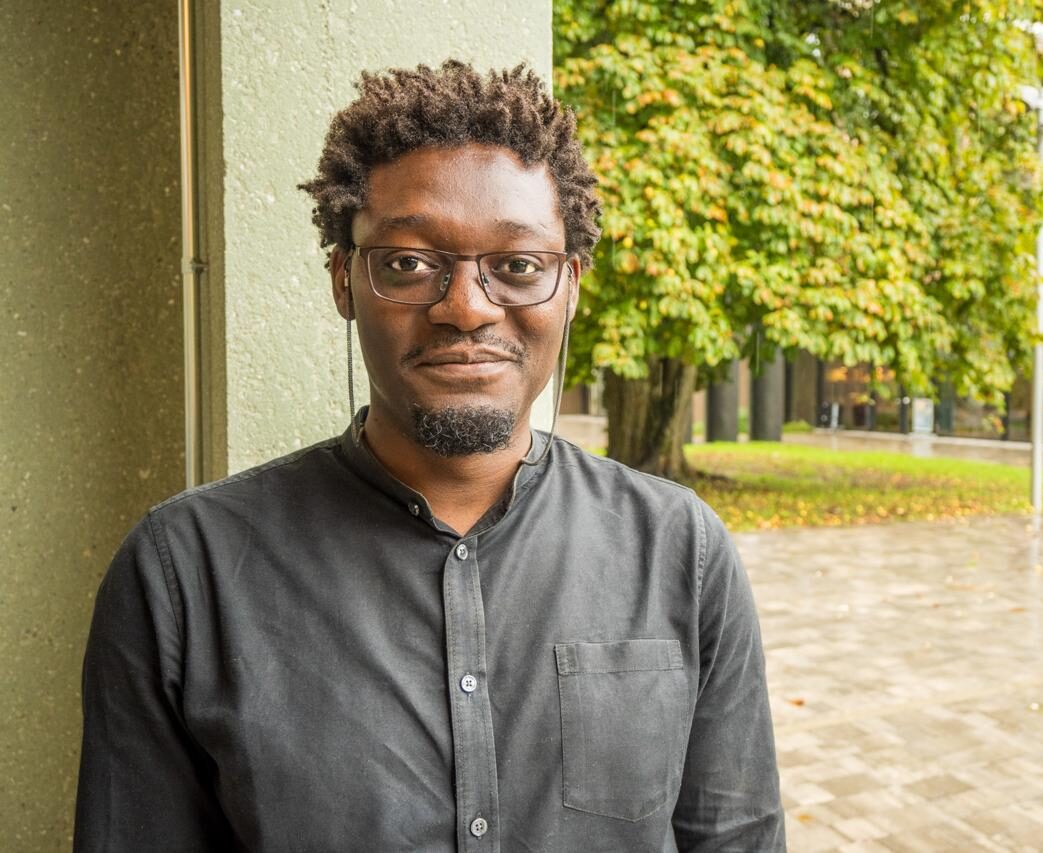Professor Seye Abimbola joins us for the Expert’s Voice where he discusses epistemic injustice, the stubborn legacies of colonialism in academic global health, and why meaningful change requires us to completely reverse our accepted research norms.
Global Health Otherwise You describe yourself as a health systems researcher focused on knowledge practices and epistemic injustice. What does that actually mean in practice?
Seye Abimbola It means asking, who gets to be considered a knower? Whose knowledge counts? When we do research about communities, are we treating them as sources of data to extract, or as interpreters of their own reality? I study how health systems work or fail to work for health equity, and increasingly, I’ve realized that the biggest obstacle isn’t lack of knowledge. It’s whose knowledge we value and whose we dismiss. It’s about affirming people’s dignity as knowers, as producers of knowledge, not just subjects of it.
Global Health Otherwise You’ve said you think of your work through James Baldwin’s lens, that you write to change the world by changing how people see it. That’s quite different from typical academic aspirations.
Seye Baldwin understood something fundamental. He said, “You write in order to change the world, knowing perfectly well that you probably can’t, but… the world changes according to the way people see it, and if you alter, even but a millimeter the way people look at reality, then you can change it.” I don’t know if that’s a great career by conventional standards, but it’s what drives me. My job is largely about offering myself, my colleagues, and others new, better, sharper ways of making sense of the world, better language, clearer concepts, stronger framing for thinking about health systems and how knowledge works within them. The primary evidence that this matters? I see myself becoming better able to say what needs to be said, and I see others doing the same. That brings me joy.
Global Health Otherwise What are the biggest challenges facing academic global health today?
Seye The field carries within itself the stubborn legacies of racism, sexism, elitism, ableism, capitalism, colonialism. It’s often playing catch-up with, indifferent to, ignorant of, or actively obfuscating the social and political forces that create health inequity. Take something basic. The social determinants of health, commercial determinants of health, the structural and upstream factors shaping health inequity, these aren’t primary in our research, teaching, or advocacy. When they appear at all, they’re afterthoughts. We’ve designed a field that keeps us busy doing work that feels impactful while having minimal effect on equity and justice.
Global Health Otherwise That’s a harsh assessment of your own field.
Seye It needs to be said. The way we’ve come to understand research, our accepted norms, they’re extractive by design. They’re not transparent, not democratized, not biased toward transforming unjust status quos. That’s how we’re trained, incentivized, and socialized to function. The biggest obstacle to change is this pollyannaish view that things are largely perfect, that we’re on an inevitable trajectory of progress, that we just need to tinker around the edges. I can see how privileged people, those who benefit from current systems, would think this way. But even as wealth compounds and the structurally disadvantaged remain precarious or worsen, we pretend it’s all working. The first step is acknowledging to oneself and publicly that things are messed up.
Global Health Otherwise What would it take to change these entrenched practices?
Seye Taking people seriously as knowers. The people our research is about, the people with whom, alongside whom, for whom, on behalf of whom we do research, we need to affirm their dignity as knowers, in their role as producers of knowledge or as the primary audience of knowledge produced about them. That’s the transformation we need. It requires a complete reversal of accepted norms.
Global Health Otherwise Who are you trying to reach with this message?
Seye The powerful actors in the health research ecosystem. Individual researchers, yes, but also governments and employers who fund research and determine career advancement criteria. Research councils and philanthropies. Professional groups who determine what’s acceptable. Academic journals and editors who gatekeep and determine what’s celebrated. The various publics who set expectations and can monitor and enforce them. It’s a diffuse constellation of people and organizations, and my advice to all of them is this. Open your eyes to history. Pay attention to where current taken-for-granted norms came from. They weren’t designed for equity and justice, but they could be repurposed for those ends. We need to ask what that would take.
Global Health Otherwise You were the founding editor-in-chief of BMJ Global Health for nearly a decade. How did that role inform your thinking?
Seye It gave me a front-row seat to how knowledge is produced, validated, and circulated in global health. Who submits papers, who reviews them, who gets published, who gets cited, these aren’t neutral processes. They reflect and reinforce existing power structures. The gatekeeping function of academic journals is real, and it matters enormously for whose voices get amplified and whose get silenced. That experience deepened my commitment to challenging those structures.
Global Health Otherwise Your book “The Foreign Gaze” was published in 2024. What’s the significance of that title?
Seye It captures something essential about how global health operates, this persistent tendency to look at communities, countries, health systems from the outside, from a position of assumed expertise and authority. The foreign gaze is extractive, it objectifies, it claims to know better. My essays try to expose and challenge that gaze, to ask what it would mean to center the perspectives of those being gazed upon, to recognize their expertise about their own realities.
Global Health Otherwise Looking forward, what gives you hope about the field’s trajectory?
Seye I expect the field to continue to see itself more clearly for what it really is, especially as people who’ve been marginalized as knowers start to be regarded as producers of knowledge and audiences of knowledge, people who can hold the field accountable for expectations of transparency, non-extraction, democratization, and transformation. The field will change to the extent it’s able to reorient its practices toward justice. I see evidence of that shift happening, slowly, unevenly, but happening.
Global Health Otherwise Any final message for the next generation entering this field?
Seye Understand this clearly. As I’ve said before, “The field you’re entering, public health, global health, health promotion, international development, health policy, was designed, deliberately, for you to have as little impact as possible on equity and justice while believing you’ve had tremendous impact. It’s designed to keep you busy doing nonsense. Your job is to see through that and do your very best to resist.” Question the norms you’re taught. Center justice from the beginning. Take communities seriously as knowers. Don’t mistake activity for impact. And remember, if you can shift, even slightly, how people see reality, you can change the world.
About Seye Abimbola
Seye Abimbola was born and raised in Nigeria. He is a professor at the University of Sydney in Australia where his teaching, research, and writing focus extensively on learning and governance in health systems and on knowledge practices and epistemic injustice in global health. He was awarded the Prince Claus Chair in Equity and Development at Utrecht University in the Netherlands in 2020 and was the Radulovacki Visiting Scholar at Northwestern University in the United States in 2024. His research on dignity-based practice in health research is currently supported by a discovery award from the Australian Research Council. He was the founding editor in chief of BMJ Global Health which he led from 2015 to 2024. His book, an essay collection titled “The Foreign Gaze”, was published in 2024.
Connect with Seye University of Sydney Profile


1 Comment